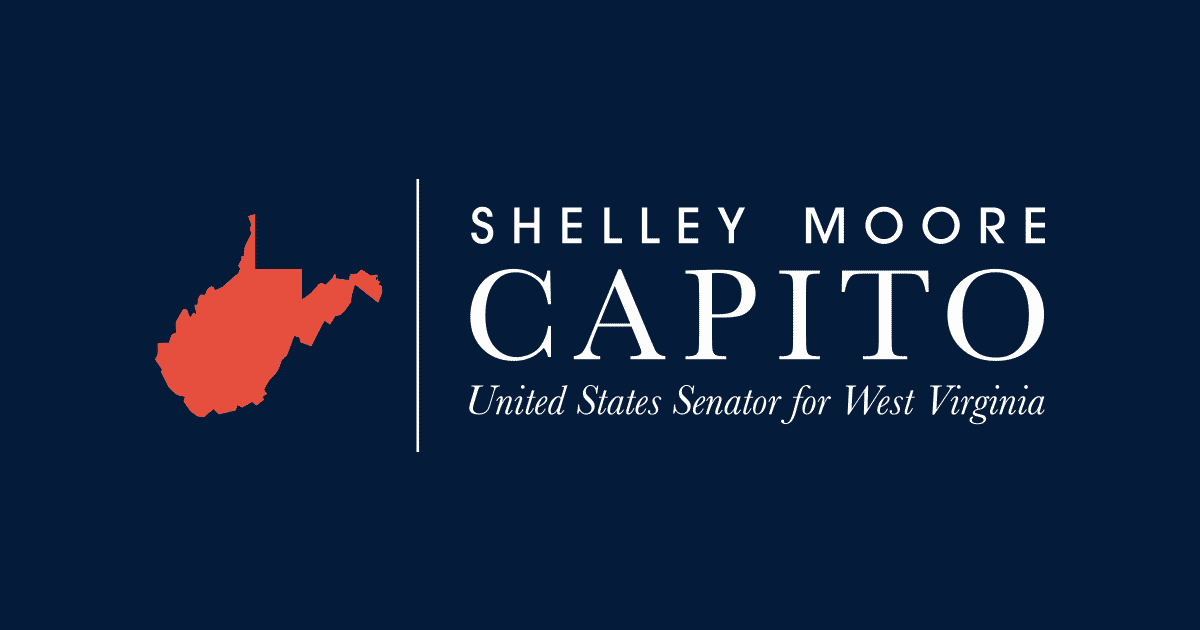Source: United States Senator for West Virginia Shelley Moore Capito
CHARLESTON, W.Va. — U.S. Senator Shelley Moore Capito (R-W.Va.), Ranking Member of the Senate Environment and Public Works (EPW) Committee, today released the below statement following the U.S. District Court for the District of Arizona’s decision to strike down the U.S. Environmental Protection Agency (EPA)’s 2020 Navigable Waters Protection Rule (NWPR):
“This opinion highlights EPA’s lack of transparency around repealing and replacing NWPR. For months, I have asked EPA and the U.S. Army Corps of Engineers to provide any specific examples of any actual environmental harms occurring under NWPR, yet none have been provided. While the ruling cites ‘the possibility of serious environmental harm if NWPR remains in place,’ there hasn’t been any evidence from either agency to support the claim. Administrator Regan promised transparency regarding the repeal of NWPR. However, his failure to follow through on that promise with any scientific data or specific examples has led us to this court’s decision based on the opinion of activists,” Ranking Member Capito said.
Just yesterday, Ranking Member Capito sent a letter to EPA Administrator Michael Regan and Jaime Pinkham, the Acting Assistant Secretary of the Army for Civil Works, asking for a more complete and comprehensive stakeholder engagement process regarding repealing and replacing NWPR. Specifically, Ranking Member Capito requested an extended public comment period for receiving recommendations.
That letter follows Ranking Member Capito’s previous letter requesting additional clarity on the decision to repeal and replace NWPR and yet another letter, which she lead her Republican colleagues on the committee in sending, requesting increased transparency into the process of repealing NWPR.
In July, Michael Connor, President Biden’s nominee to lead the Corps, admitted he wasn’t aware of any specific environmental degradation under NWPR.
Ranking Member Capito has also introduced legislation that would codify NWPR.
BACKGROUND:
In 2015, the Obama administration finalized a rule that expanded the definition of the Waters of the United States, creating confusion and burdensome red tape for agriculture and coal industries across the country.
The Trump administration released a proposed rule to replace the Obama administration’s 2015 WOTUS rule with a new rule that provided much-needed predictability and certainty for farmers by establishing clear and reasonable definitions of what qualifies as a “water of the United States.” The new NWPR was finalized last year. Specifically, the NWPR established a definition that unambiguously identifies four simple categories of jurisdictional waters, provides clear exclusions for many water features—water features that traditionally have not been regulated at the federal level—and defines terms in the regulatory text that have never been defined before. The NWPR also protects the environment while respecting the cooperative federalism framework of the Clean Water Act. Specifically, it clearly delineates where federal regulations apply and gives states and local authorities more flexibility to determine how to best manage waters within their borders.
On day one of his administration, President Biden signed an executive order that would roll back the Trump administration’s actions of rescinding Obama’s WOTUS rule and finalizing the NWPR. In January, Ranking Member Capito and 25 of her Senate colleagues introduced a resolution that expresses the need for the U.S. Senate to uphold the NWPR.
# # #
